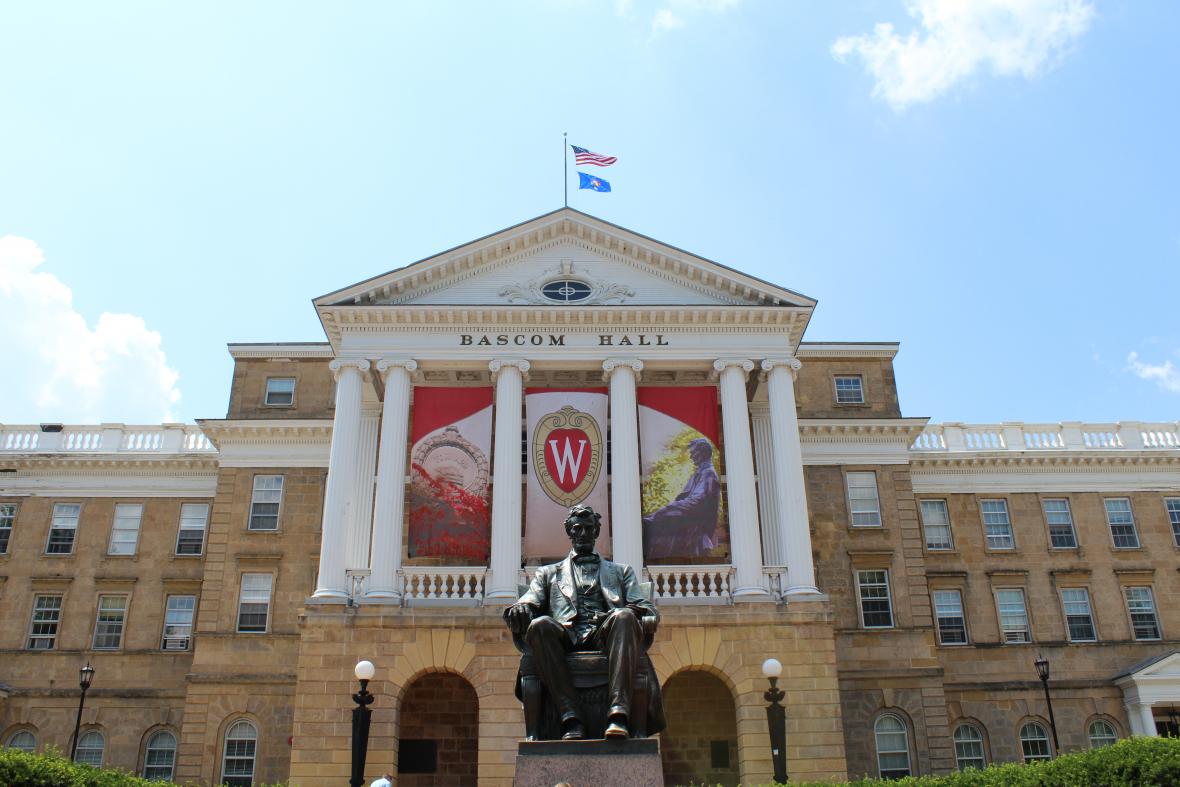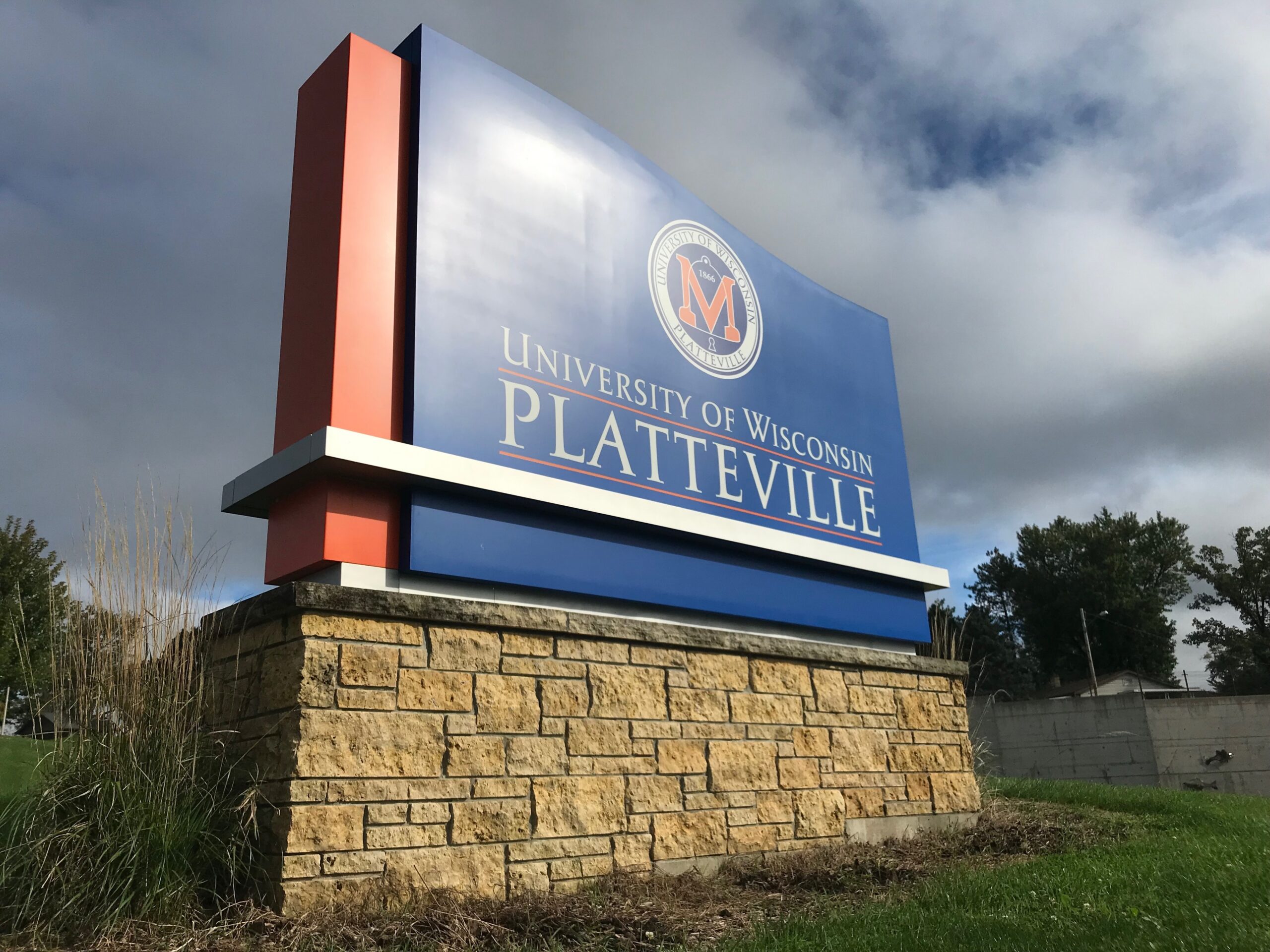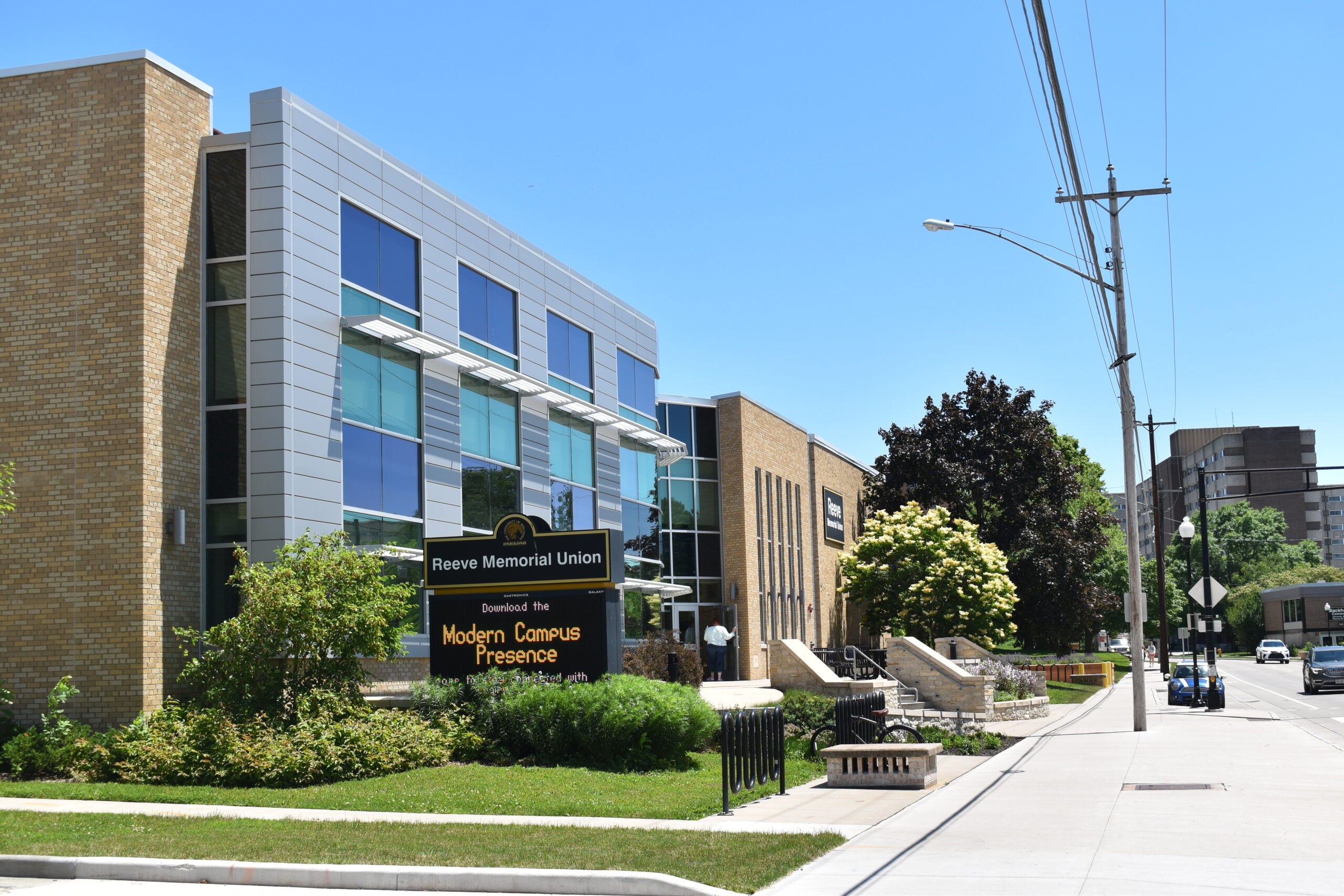A growing number of universities in Wisconsin are making changes to how they operate amid concerns about the spreading COVID-19 virus.
As of 8:15 p.m., the following universities announced changes:
- The University of Wisconsin-Madison is canceling in-person classes after spring break from Monday, March 23 until at least Friday, April 10. The university is also asking students to stay home, if possible, and not return to campus until at least April 10.
- UW-Milwaukee extended spring break by a week from Sunday, March 15 through Sunday, March 29. The campus will suspend in-person classes and move to online instruction beginning Monday, March 30 through at least Friday, April 10. The announcement comes after a member of the university’s foundation was tested for coronavirus. The results of the test are expected later this week.
- UW-Green Bay will begin teaching classes via “alternative delivery methods” starting Monday, March 23 through Saturday, March 28 at all of its campuses, the university announced Wednesday. Students leaving campus for spring break have been asked to stay home until further notice. Spring break is from Saturday to Sunday, March 22. The university plans to update students and staff each week on when in-person classes might resume. Campus will remain open and essential services will remain available. Interim Chancellor Sheryl Van Gruensven said students that aren’t able to leave campus for spring break will have accommodations provided by the university.
- UW-Superior is extending spring break by one week from Monday to Sunday, March 29. Beginning Monday, March 30, classes will resume via an “alternate delivery mode,” the university announced Wednesday. Students are asked to take home necessary materials and personal items. If they can’t return home, arrangements can be made. Classes and events will continue as planned through Friday. Chancellor Renée Wachter’s announcement suggested Monday, April 13 would be the first possible date the campus might resume face-to-face classes. In the meantime, campus will remain open.
- UW-La Crosse will cancel face-to-face classes the week of March 23 and move them online through Friday, April 10 unless students are told otherwise, the university announced Wednesday. In-person classes may resume Monday, April 13. Classes and events will continue as planned through Friday. Spring break is from Saturday to Sunday, March 22. Students can remain on campus during or after spring break as residence halls, dining services and other campus services will remain open.
- UW-Stout will not have in-person classes from Monday, March 23 to Sunday, April 5 and instead use “alternative methods of delivery,” the university announced Wednesday. Students were instructed to take all course materials and personal items home for spring break, which is from Friday through Sunday, March 22. The university will announce by Monday, March 30 the plan for classes after April 5. The campus will remain open. The announcement said more information regarding students in residence halls will be provided
- UW-Stevens Point will extend spring break by one week from Saturday, March 14 through Sunday, March 29. Classes will resume Monday, March 30 via alternative delivery methods according to Chancellor Bernie Patterson.
- Edgewood College in Madison will suspend face-to-face classes Monday, March 23 and move to online classes through Monday, April 6 at the earliest according to interim president Mary Ellen Gevelinger.
News with a little more humanity
WPR’s “Wisconsin Today” newsletter keeps you connected to the state you love without feeling overwhelmed. No paywall. No agenda. No corporate filter.
The universities have urged staff and students to forgo nonessential travel outside their region and have been in the process of bringing home students studying abroad.
As of Wednesday afternoon, UW-Eau Claire planned to continue face-to-face classes and didn’t plan to change the campus’ spring break, scheduled for Monday, March 23 to Friday, March 27. But Chancellor James Schmidt told students in a message to be prepared to switch to online classes if the coronavirus became a problem in the region.
In a message to campus Wednesday morning, UW-Madison Chancellor Rebecca Blank said while there are “relatively few confirmed cases of COVID-19 in Dane County, the number of cases nationally continues to grow.” As a result, Blank said the university has been advised to act now to slow the spread of the disease. She said the situation will be reassessed in early April.
During a press conference Wednesday afternoon, Blank was asked if in-person classes could remain suspended for the rest of the semester, which ends May 3.
“Is there a possibility that we will suspend through the end of the semester or change to this alternative delivery?” asked Blank. “Yes, there is. But the right answer is we don’t know enough right now.”
To date, there have been six positive cases of the respiratory disease in Wisconsin. Two of them have been in Dane County, one in Pierce County, two in Fond du Lac County and one in Waukesha County.
Classes at UW-Madison will continue as normal for the remainder of this week. Online classes will begin Monday, March 23 after spring break. Spring break is from Saturday, March 14 to Sunday, March 22.
As more universities shift toward online learning in the face of the coronavirus, the Hope Center for College, Community and Justice at Temple University in Philadelphia is urging administrators to keep economically disadvantaged students in mind.
“Not all of them have reliable internet access at home,” said Eddy Conroy, the associate director of research communications for the group. “Sometimes they might only have internet access on campus, or if they have it off campus they’re relying on their phone, which you’re then relying on your data plan to log into a class for an hour, three times a week and that’s going to get very expensive very quickly.”
The Hope Center is providing a guide for universities to ensure responses to COVID-19 are equitable for all students.
At UW-Milwaukee, students are encouraged to leave campus until mid-April. At that point, in-person classes might resume.
Some students are anxious about the changes. Tanasia Shaw lives and works in a UW-Milwaukee dorm and said she’s worried about her friends.
“I’m privileged enough to live in Milwaukee so worse comes to worse, I can just drive back home,” she said. “But some residents aren’t even from Wisconsin or the United States. Some residents might not have a healthy relationship with their family. Some might not have internet at home even if they do commute.”
Tanner Duffney said he’s concerned his laptop won’t cut it for navigating his classes online.
“My laptop doesn’t really work very well so that’s my biggest thing because I don’t have the money right now to go buy like a better one,” he said.
If classes go online, he still has to pay his rent.
“I work at the school union as well so if that gets shut down, then my income is like completely cut off so I have to find a new job down here hopefully,” he said.
Hannah Borchert, who’s a resident assistant in a UW-Milwaukee dorm, said her job is to answer residents’ questions, but with the situation changing day to day, she’s struggling to help her students.
“I don’t think I’m a huge source of comfort for them other than saying I’ll keep them updated with what I know,” she said.
Blank said administrators are “particularly concerned” about the safety of students in residence halls with shared bathrooms and dining facilities. As a result, Blank said students living in dorms are being asked to take academic materials, laptops and medications with them for spring break “and not return to residence halls” through April 10 at the earliest.
Blank said it may not be possible for all students to safely return home and that University Housing will provide additional guidance to students.
“So, we will continue to keep the residence halls open,” said Blank. “We expect them to stay there, and we will make arrangements with them for that. But dealing with a residence with 10 percent occupancy is a very different situation from a disease control standpoint than a residence hall with 100 percent occupancy.”
Employees at UW-Madison are expected to continue their regular work schedules, said Blank, unless advised otherwise by their department directors. She said the university will continue daily operations, though all university-sponsored travel will be canceled through April 10.
Blank said there have been instances of slurs and profiling of individuals wearing protective face masks or those of Asian descent.
“Racist behaviors or stereotyping in or outside of the classroom are not acceptable at UW-Madison,” Blank said. “We encourage students who experienced harassment or discrimination to file a bias incident report. Employees may file a complaint with the Office of Compliance. We need everyone’s support during this challenging time and to treat each other with respect and kindness.”
Editor’s note: Jane Hampden contributed to this report.
Wisconsin Public Radio, © Copyright 2025, Board of Regents of the University of Wisconsin System and Wisconsin Educational Communications Board.







